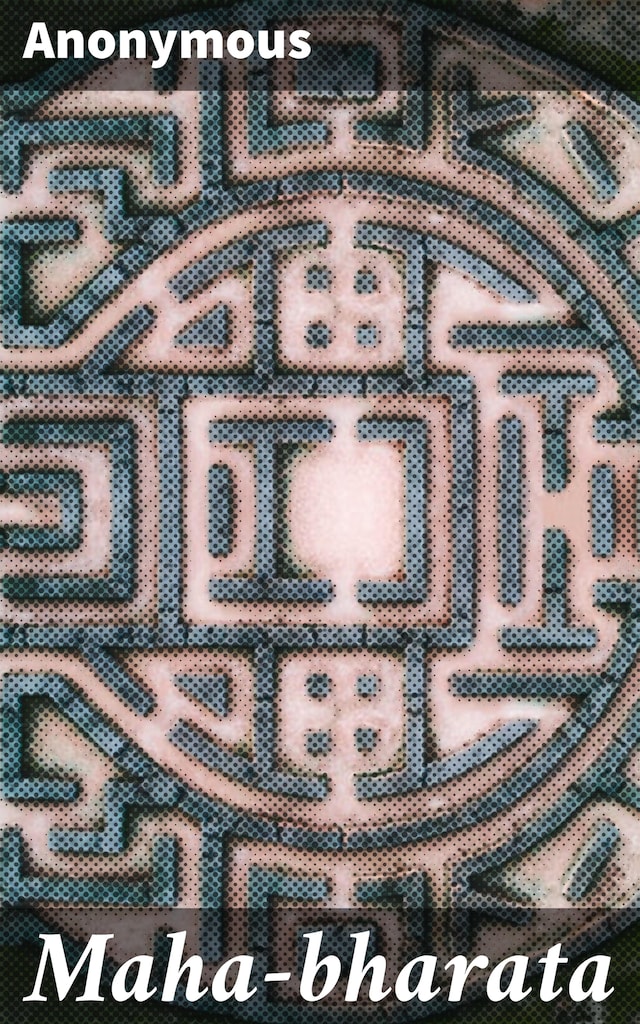
Maha-bharata
The Epic of Ancient India Condensed into English Verse
Description of book
The "Maha-bharata," an epic poem composed in Sanskrit, is one of the longest and most revered texts in world literature, comprising over 100,000 couplets. This monumental narrative intricately weaves together the themes of dharma (righteousness), karma (action and its consequences), and the complexities of human nature through the legendary conflict between the Pandavas and Kauravas. Its literary style is marked by a rich tapestry of poetic devices, vivid characterizations, and intricate dialogues, set against a backdrop of mythological events and moral quandaries, reflecting the societal values and philosophical dilemmas of ancient India. Although the author remains anonymous, the "Maha-bharata" is believed to have been composed over several centuries, likely incorporating contributions from various poets and sages. Its roots in oral tradition and subsequent written form suggest a rich exchange of ideas, propelled by the cultural milieu of ancient India, which both revered and questioned leadership, morality, and divine intervention in human affairs. This epic serves as a canvas for exploring the myriad dimensions of life, politics, and spirituality. The "Maha-bharata" is essential reading for anyone interested in understanding the foundational texts of Indian culture, philosophy, and ethical thought. Its timeless narratives resonate with contemporary issues, making it not only a historical artifact but also a profound guide for navigating the complexities of modern life. Engaging with this epic promises both enlightenment and entertainment, making it a monumental contribution to global literature.
 Anonymous
Anonymous 172 Pages
172 Pages